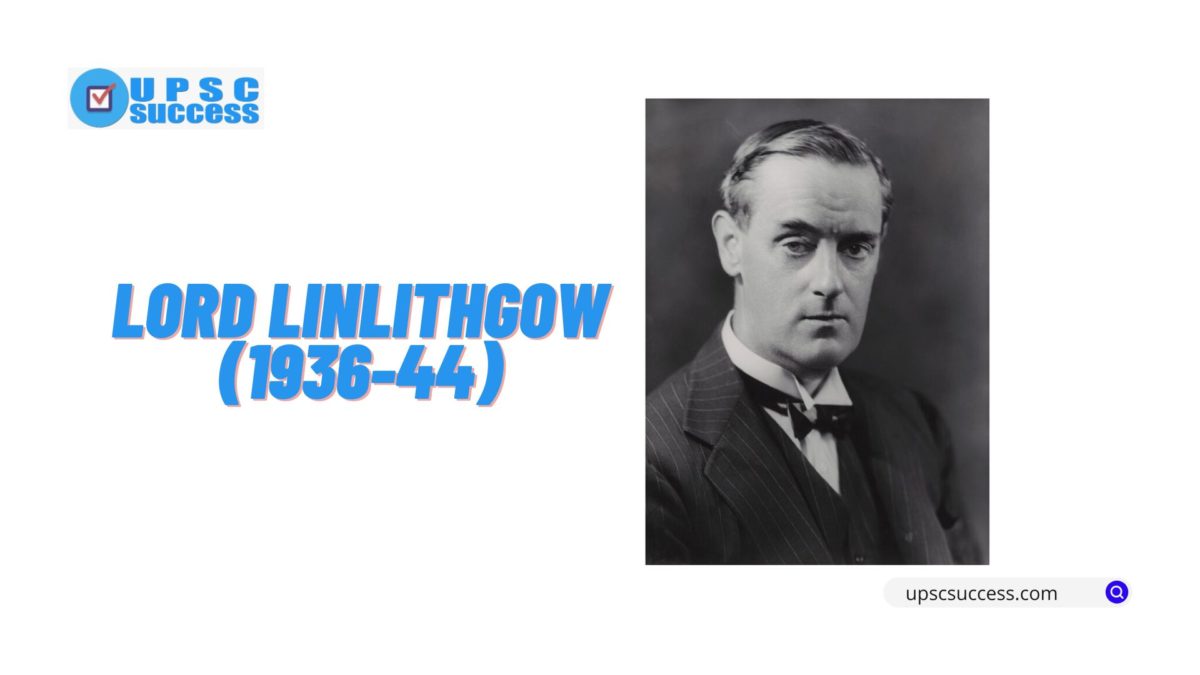During the period of Linlithgow, parts of the Government of India Act 1935 came into force in 1937. Other events included – Resignation of Congress Ministries to protest the involvement of Indians in world war-II; the Start of World War II (1939), the resignation of Subhash Chandra Bose and the foundation of “Forward Block”; Escape of SC Bose from India, Jinnah’s two nations theory; Atlanta Charter; August Offer (1940); Foundation of Indian National Army; Cripps Mission (1942); Launch of Quit India Movement; Demand of divide and quit; Bengal Famine of 1943).
Important Events:
• 1st General election
• Formation of Forward Block
• Lahore resolution by Muslim League
• August Offer by the viceroy
• Winston Churchill PM of England
• Organisation of Indian National Army
• Cripps Mission Plan rejected
• Ouit India Resolution passed by Congress
FAQs
Victor Alexander John Hope, 2nd marquess of Linlithgow, (born Sept. 24, 1887, Abercorn, West Lothian, Scot. —died Jan. 5, 1952, Abercorn), British statesman was the longest-serving viceroy of India (1936–43)

